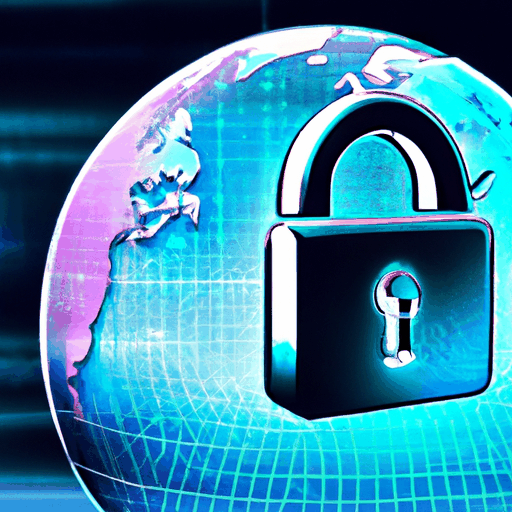
Iran Imposes Crypto Exchange Curfew After Major Nobitex Hack
By: Eliza Bennet
Iran’s central bank has imposed a strict operational schedule on local cryptocurrency exchanges following a significant security breach involving Nobitex. A hacker group with purported Israeli ties managed to exploit vulnerabilities within Nobitex, resulting in the disappearance of over $100 million in digital assets. The hackers, identified as the pro-Israel group Gonjeshke Darande, executed the hack using specially crafted vanity addresses to bypass the exchange's internal controls. This strategic intrusion highlights a critical flaw in security measures where unauthorized wallet transfers were undetected.
Operational hours for crypto exchanges have now been confined between 10 AM and 8 PM, a decision aimed at preventing similar unauthorized virtual transactions and providing centralized monitoring during these specific time frames. This measure is likely intended as a stopgap to not only restore operational control but also to ensure immediate response capabilities should another incident arise. The chief of national security intelligence at Chainalysis emphasized that incidents occurring outside of these hours are harder to manage, hence the curfew aims to bolster oversight during active hours.
The attack has accentuated geopolitical tensions, as the hacker group attributed its actions to both political motives and a direct response to using Nobitex as a financial conduit for the Iranian regime. They threatened further action by promising to leak sensitive internal data unless their demands are met. Amidst the escalating tensions between Iran and Israel, marked by recent military conflicts with significant casualties on both sides, the security breach takes on a broader geopolitical dimension.
Despite the upheaval, Nobitex reassures its users that their principal funds remain protected within cold storage facilities. The exchange has committed to reimbursing affected customers through its insurance cover and internal funds, aiming to maintain client trust. The stalled movement of the stolen assets raises questions about future actions by the perpetrators, signaling the potential for more widespread systemic vulnerabilities. Consequently, this event underlines the necessity for rigorous security measures that transcend technical protocols, advocating for comprehensive strategies encompassing both human oversight and robust procedural safeguards.



